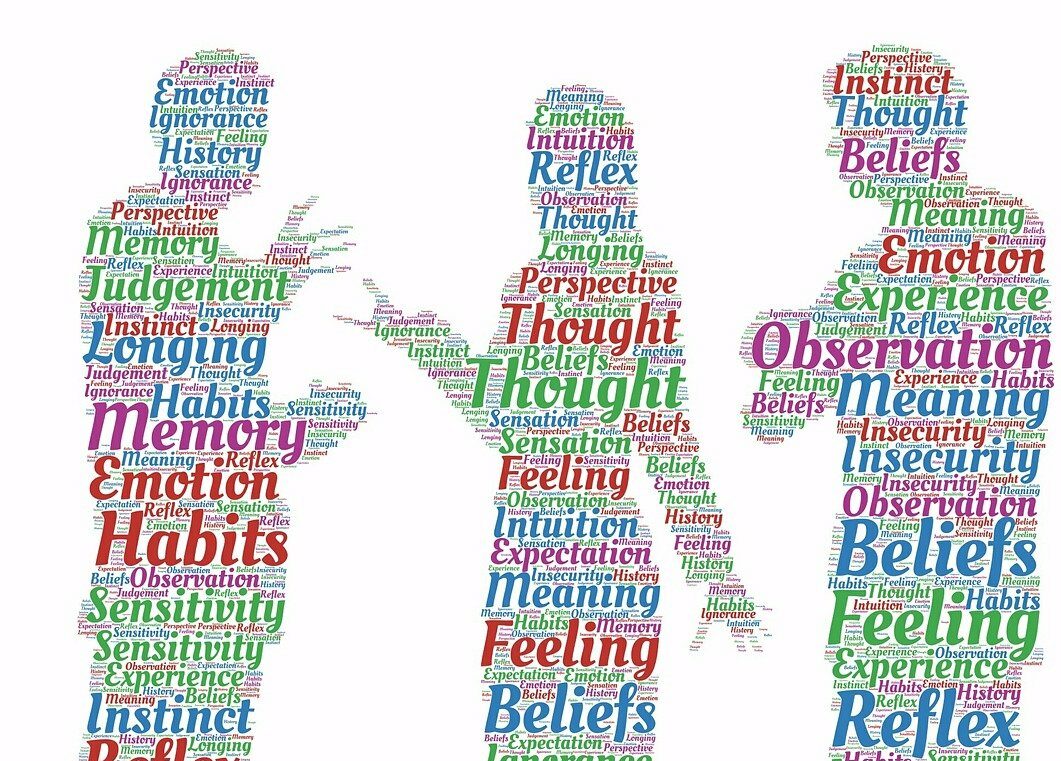
Some notable press has discussed that going “no contact” with one’s family and cutting off might be a good idea. The reasoning is that one’s family is so demanding or toxic that maintaining contact is harmful. For example, maybe childhood was so difficult or even abusive. Perhaps the parents or other family members won’t acknowledge this, let alone be accountable for the past. In particular, a social worker has gained a following and recognition while building a business supporting individuals in cutting off.
System view of cutting off
Dr. Bowen believed cutoff was a distinct enough pattern of human behaviour that he made it a concept in his theory. Like other patterns of emotional functioning, cutting off is a response to the emotional intensity of a relationship system. This intensity results from one feeling or believing that one must behave (feel, think, or act) as the other(s) want them to. Or maybe one can’t get (or make) others feel, think and act how one wants them to. The process takes at least two people and is a reciprocal process.
Different forms of cutting off
An important point is that Dr. Bowen’s term for cutting off is “emotional cutoff,” which he used twenty-five times in his book. This is to distinguish it from physical or geographical cutoff. The process functions to lower the emotional intensity of the relationship. We experience emotional intensity as some form of discomfort, tension, or anxiety. One lowers this intensity by disengaging with a family member(s). For example, never discussing meaningful topics. Substance use, just staying in one’s room (or office or workshop), can represent an emotional cutoff. It’s an emotional process, not a physical distance process. Duty phone calls or visits don’t qualify as good contact, so they don’t remove the emotional cutoff. (See this previous post on good emotional contact.)
Triangles and getting the right support
I believe each individual needs to weigh the impact of cutting off a family member. And be careful about who you seek support from. We often “triangle” in a third party as a way of lowering our anxiety.
This is where the wrong “support” won’t be helpful. Suppose a person believes their parents really “owe them” for what they believe was a wrong committed in the past. Talking to a third person who agrees with you and validates your feelings to give you emotional support isn’t always helpful. Remember that wanting to relieve another person’s distress is human nature. Triangles function to lower a person’s distress, but that doesn’t mean it helps resolve the issue. It can exacerbate the issue. Someone who can think with you and be more objective while empathetic would be more helpful. Often, how I think about a problem is part of the problem. A good friend who will seek to understand you but give other perspectives is a wonderful resource. A good therapist will offer perspectives that the client might not want to hear but could be helpful.
Cutting off has costs
Cutting off has short-term and long-term consequences, and not all are good.
One cost is losing the opportunity to grow by working through the issue. This growth is for self. To the degree that an issue is unresolved, it’s still there and can affect behaviour and functioning in one’s life. The person(s) you are cut off from could be a resource for you or your family. For example, I know of uncles who have been a career resource for nephews. A Bowen theory perspective would also posit that cutting off from parents removes the possibility of resolving one’s unresolved emotional attachment. Working on the parental triangle is critical to working on one’s level of differentiation.
Longer term impacts
There are practical aspects of cut-off that might not show up for years. For example, it can negatively impact dealing with an estate. This can get costly for the whole family. While a short-term benefit can make you feel less stressed, this can turn into regret. A cutoff implies an important relationship is involved. Thus, a significant relationship may be damaged or lost, leading to regret later. An issue that seemed very important at the time could simply not be important anymore. However, once cut off, it can be hard to reconnect for different emotional and logistical reasons.
Others get cut off with you.
Individuals with a family usually end up cutting off their whole family. The partner gets cut off from in-laws, and the kids get cut off from relatives and cousins. This can sever a branch of the family from the “tree” forever. One might end up cutting off from one’s uncles, aunts, siblings, and cousins because of the triangles in the system. It is tough to separate from one part of a “system.”
Cutting off is personal decision.
In more extreme situations where safety is an issue, it may be appropriate to restrict contact to a minimum or eliminate it. Distance is warranted if someone represents a threat to you, your family, or your possessions. Even if one “feels” very unsafe, don’t wait to be proven right; maintain some distance. Just be as objective about this as possible. This differs from just disagreeing with someone or being uncomfortable around them. For example, if an individual is a substance user or involved in criminal activity, having them over to your house may not be advised. But having a coffee with them at a safe (public) location could be acceptable. Another example is that some might not believe vaccines are good and refuse to take them. That’s not a reason to restrict contact with them if you know both of you are not contagious. The amount of distance in a relationship is a personal decision.
Think objectively
Cutting off is an intensely emotional process, and it’s hard to think objectively about it. Having someone to talk to who will help you think more objectively could be helpful. If one decides to cut-off, perhaps it’s best to think of “for now” and not “forever.” Try to maintain enough contact so you can connect again should you wish to. Be clear that this is your choice. Nobody is making you cut off, but it is one option at your disposal. Making your choice means you can always change your decision. After all, cutting off is a big decision, but not a permanent one.
I should note that if you have been “cut off” by someone else, maintaining a zero-demand, light level of contact can keep a connection going. This would be the topic for another post.
Thank you for your interest in systems.
dave galloway
dave.galloway@livingsytems.ca
The New York Times article Is cutting off your family good therapy? inspired this post by Ellen Barry.
Ideas for this post also came from the book “Fault Lines” by Karl Pillemer.
To learn more about Bowen family systems theory, click here.


